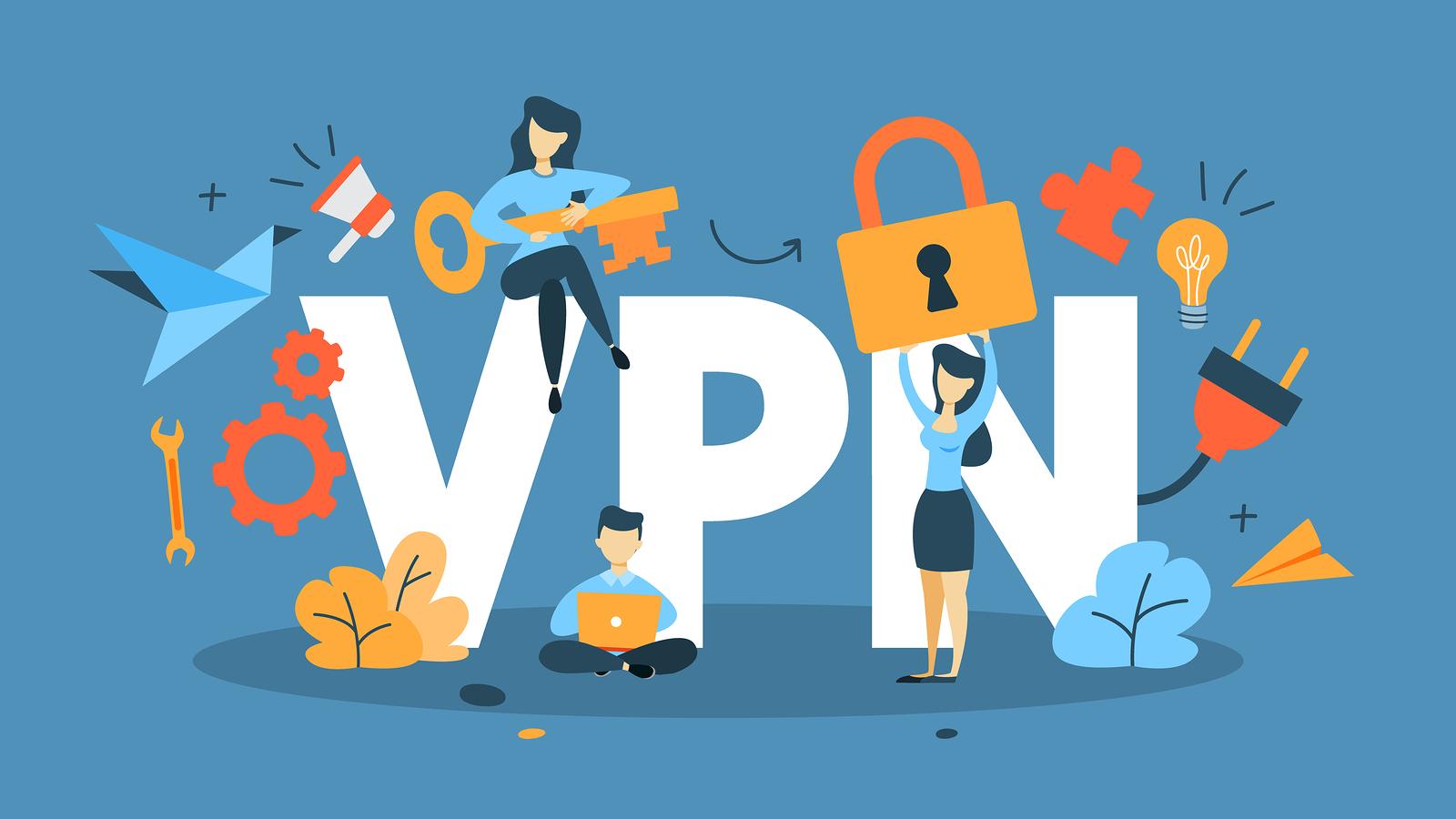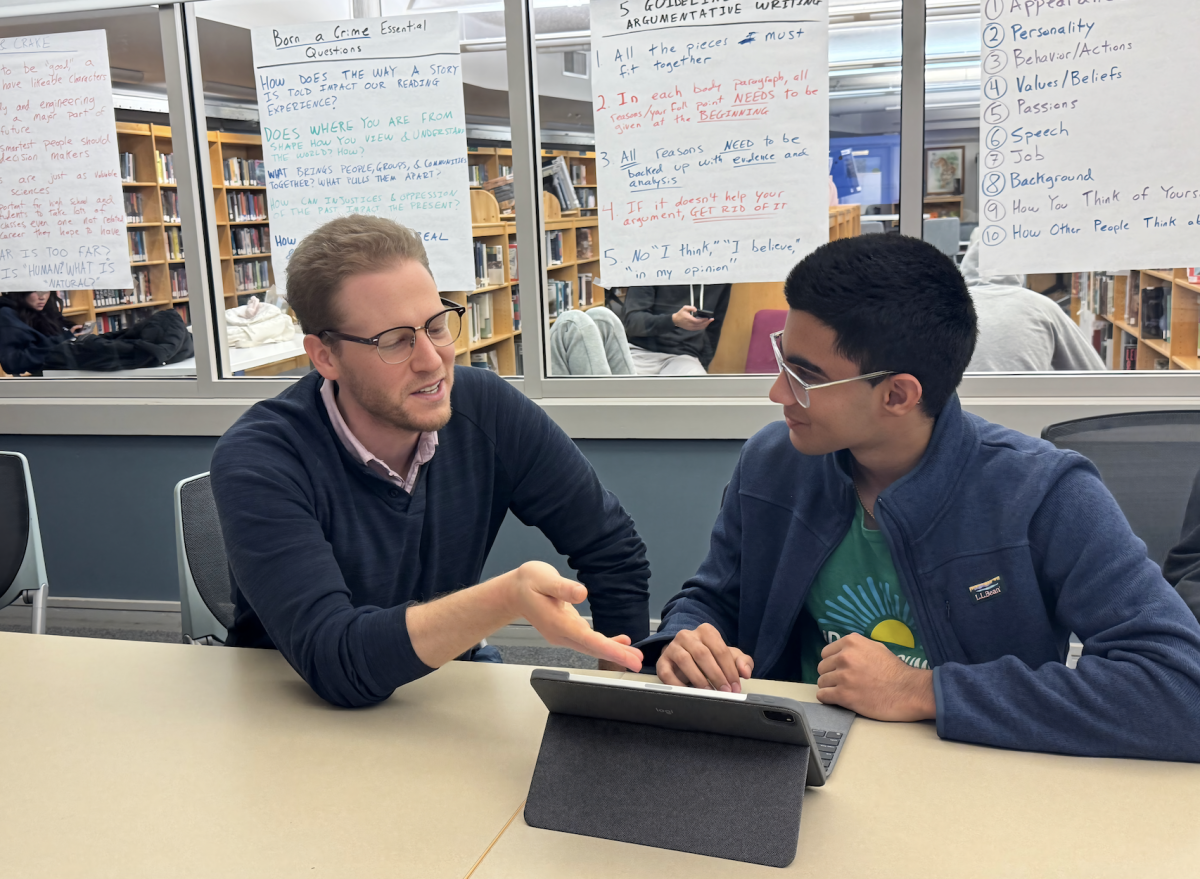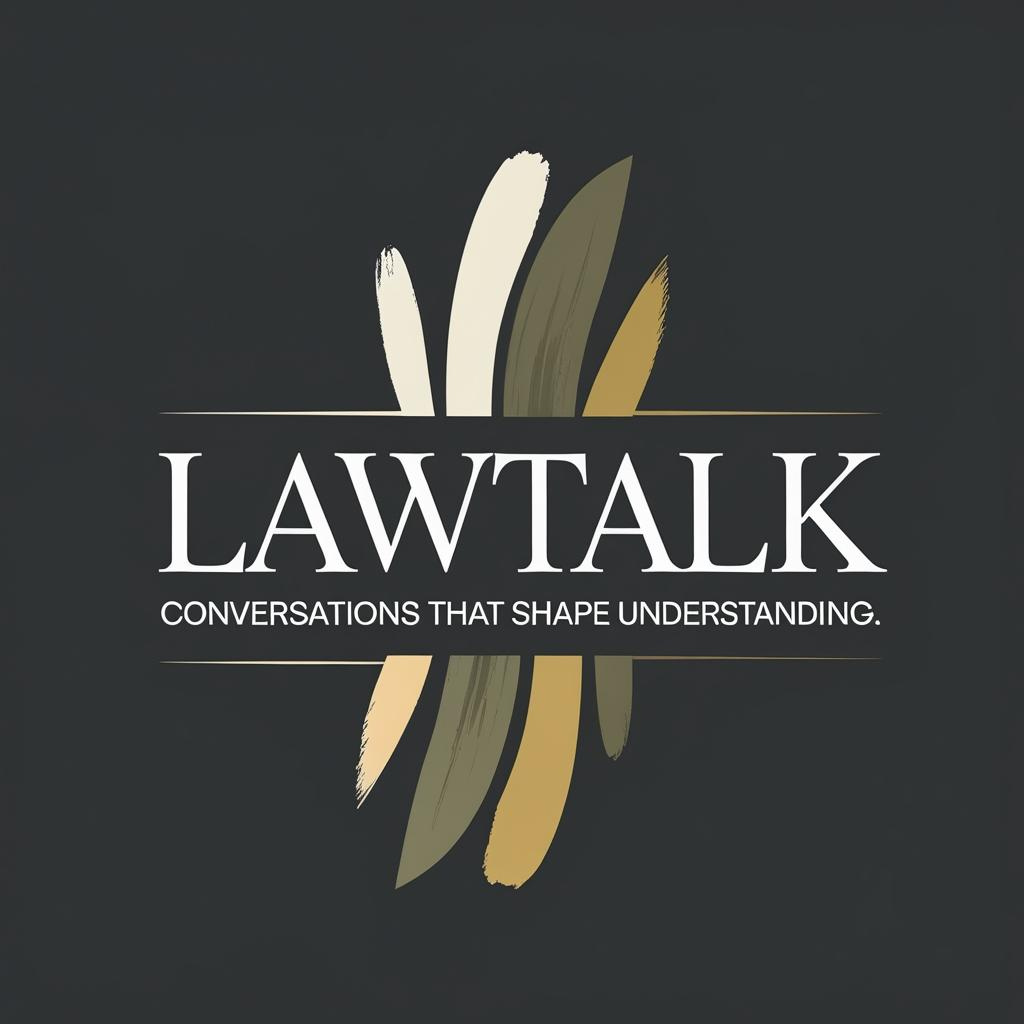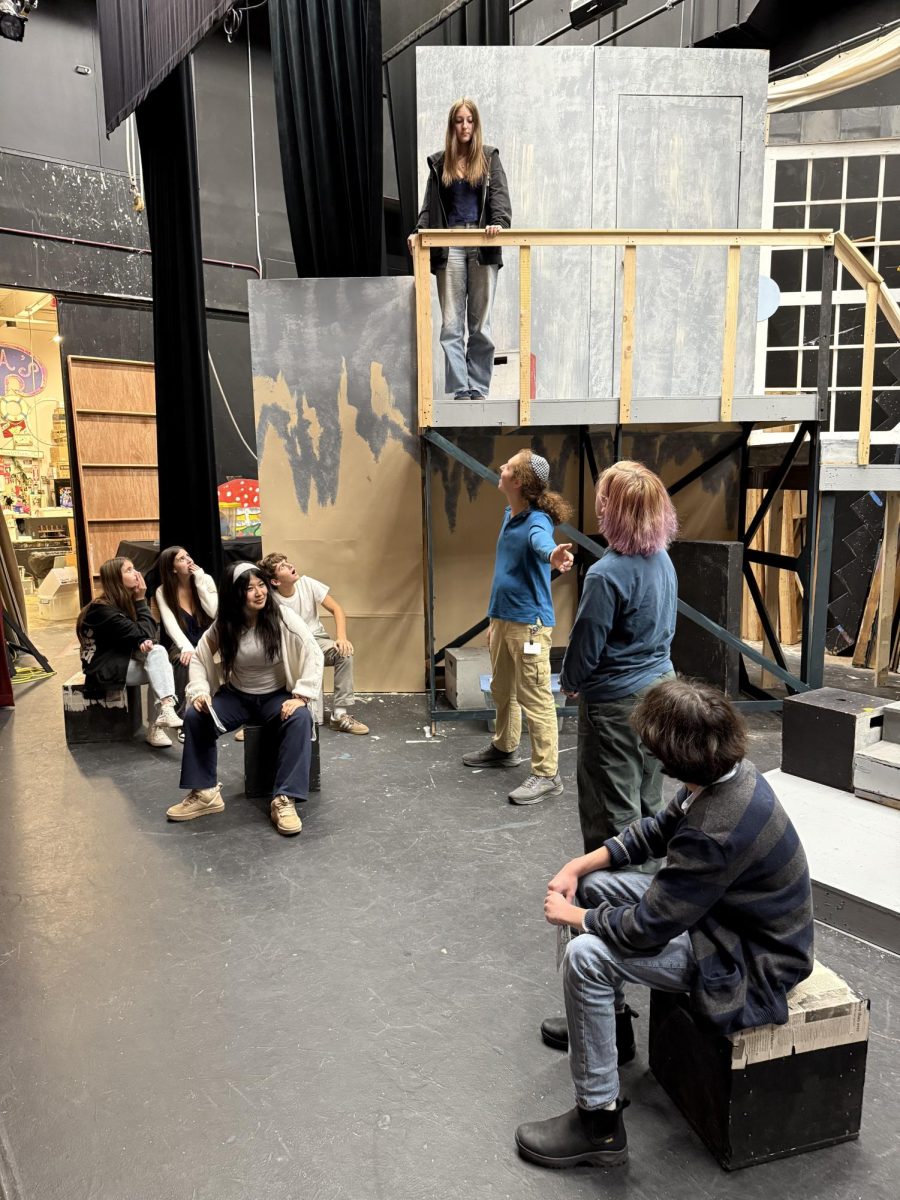
In mid-January, the School implemented a new service program, iboss, to filter harmful or inappropriate content on devices using the School network. For the service to work efficiently and transparently, users must download an electronic security certificate.
According to Manager of Infrastructure Jason Bock, the new content filtering system involves a third party that signs off on the security of any given site. If something seems amiss, iboss alerts the device, blocking the transfer of data from that site to devices in question.
“The Technology Department takes measures to control access to Internet content determined inappropriate for minors and inconsistent with the School’s educational objectives and to protect each student’s personal identification information,” the Student Handbook reads. “These measures include using software that filters Internet content, providing adult supervision to Internet access, and enforcing strict guidelines and rules for Internet use.”
Paola Mammano ’20 was wary about having to download what she called a “foreign program” onto her personal devices.
“I think it’s a violation,” Mammano said. “We should be able to connect without having to download a filter onto our personal devices. Now, I’m concerned that the School is looking at what I’m doing on my devices, even if they say that they are not.”
Director of Technology Michael Langlois disagrees with this position.
“On the contrary, when a student knowingly breaks the rules set down in the Acceptable Use Policy, it is the student that is in violation,” Langlois said. “The School’s network is a service provided to the campus community to aid and support education and the School is within it’s rights and responsibilities to set guidelines and limits for the service’s use.”
Campus-wide, in an hour, there are millions of events, according to Bock, making it impossible to casually skim the collected data.
“If, and only if a problem is flagged, is the data examined,” Bock said. “It is also important to note that previous to this update, internet traffic was being filtered, but the major change has been switching to a more thorough method.”
Still, students say that content which should not be blocked remains inaccessible at School.
Lucas Zhang ’20 said that he encountered difficulty accessing certain Chinese sites, which he relies on for research.
“It makes school work more challenging,” Zhang said.
Bock says that the School blocks high-risk sources of malware, which prevents viruses and guards against the compromise of personally identifiable information.
Previously, Bock said, students also utilized Virtual Private Networks (VPN), violating School rules, masking IP addresses to bypass limitations the School had placed to access certain sites and social media platforms.
With iboss, however, the School can better detect use of VPN’s, and officials have taken action to remove this software from personal and public devices.
“We have spoken to a number of students about removing their VPN’s,” Bock said, also pointing out that the Handbook explains that this is a violation of School rules.
“Students shall not attempt to circumvent content or access filters through any means, including but not limited to, use of web or anonymizing proxies, remote access servers, or any type of redirect service,” the policy states.























































